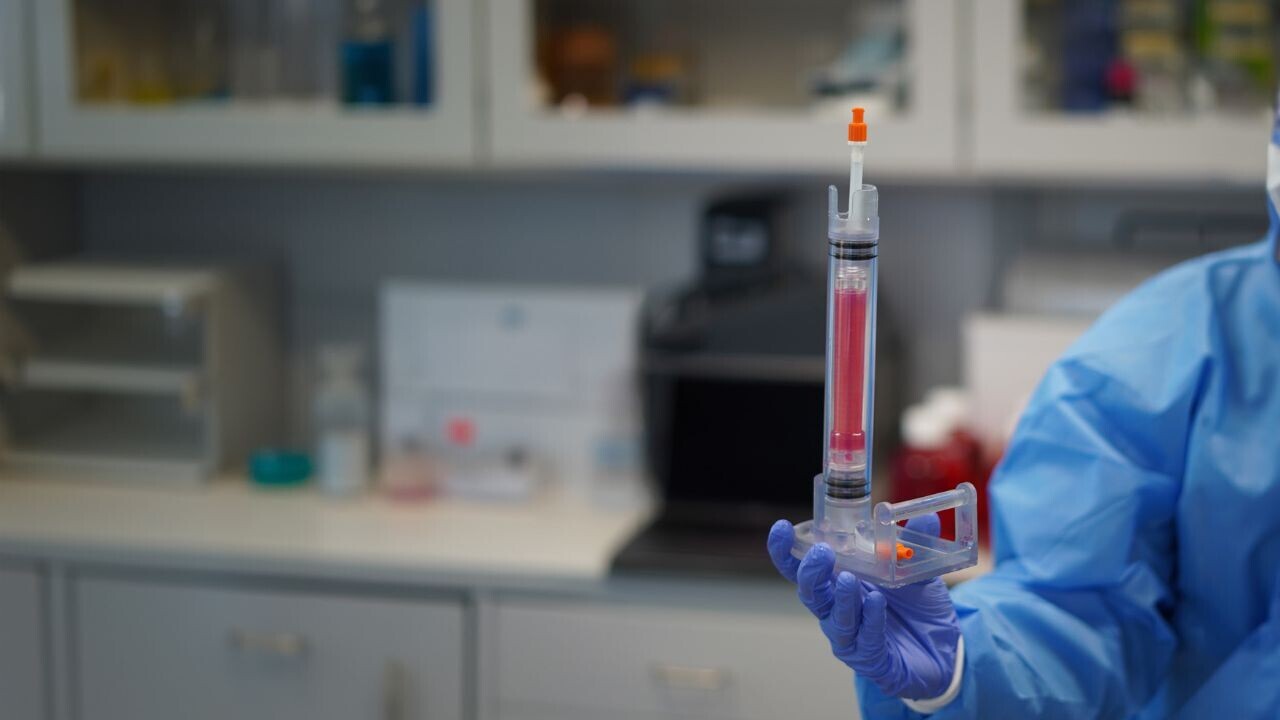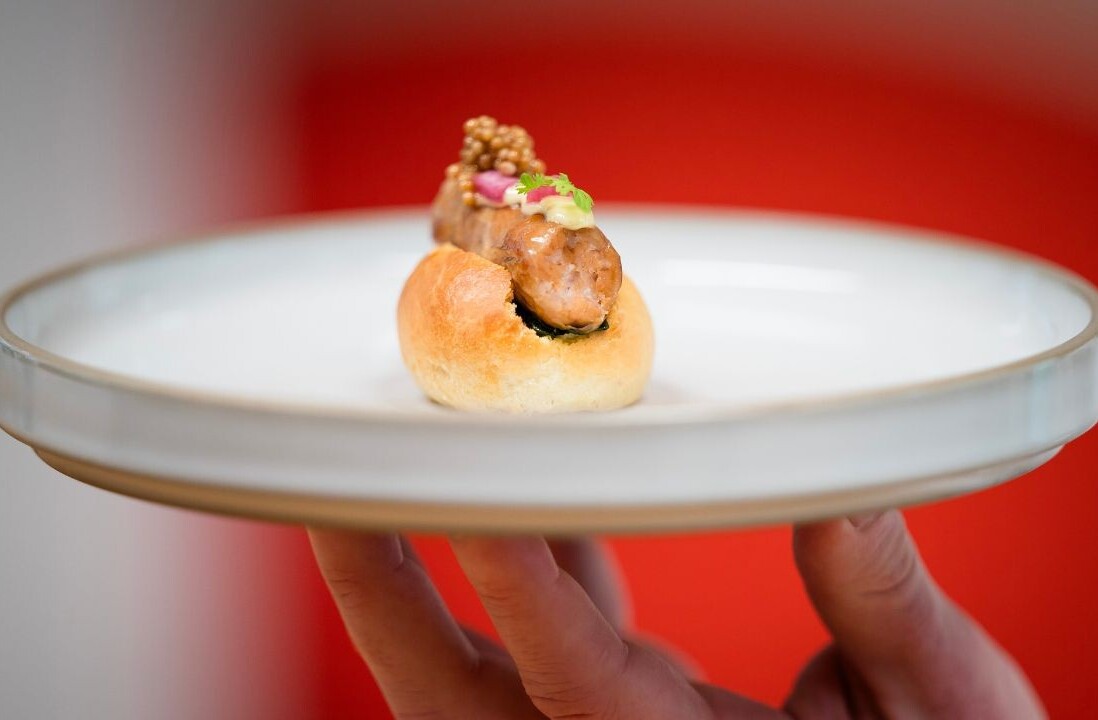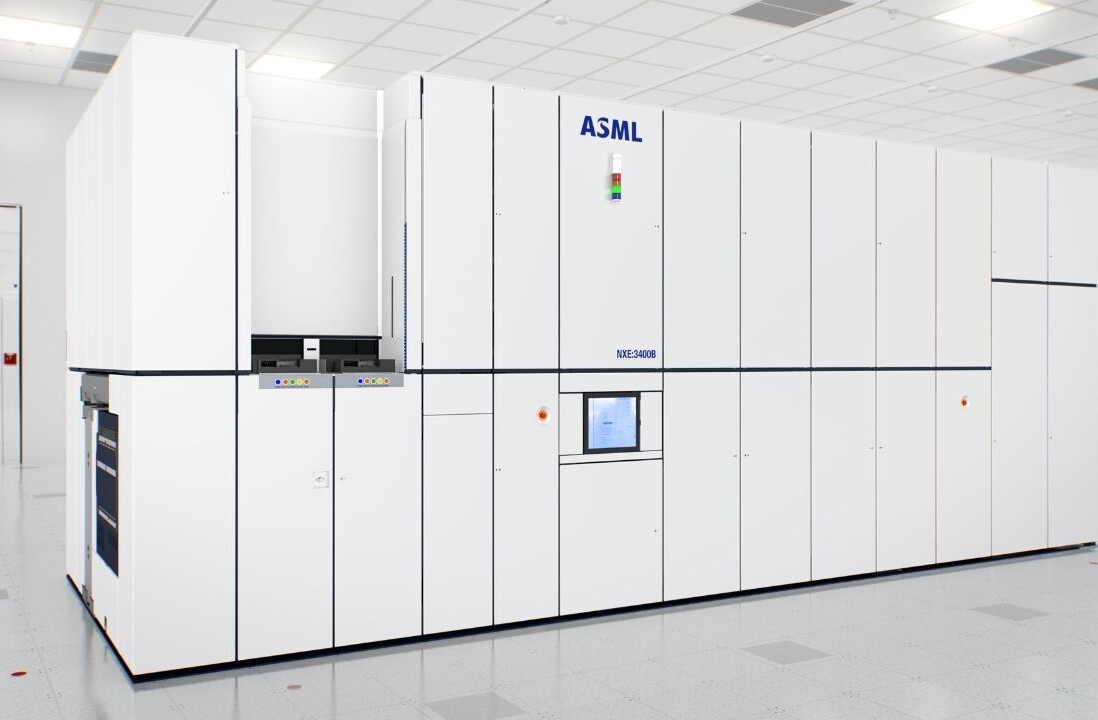
Norwegian startup ClexBio is bioengineering human veins to implant inside a patient’s body.
Together with CSEM, a Swiss R&D centre, the company has built a prototype bioreactor to grow the veins.
Pre-clinical tests in animal models are already underway. Based on the early results, the team is confident that the implants don’t trigger an immune response in patients. Instead, they turn into functional tissue that integrates with the body.
If further tests prove successful, the implants could treat severe chronic venous insufficiency, a painful condition caused when veins have problems moving blood to the heart.
But veins are just the start of the company’s ambitions. ClexBio envisions bioengineering producing various medical treatments.
“In the future, we believe tissue therapeutic solutions will provide a cure for many of the chronic conditions that are debilitating for our society today,” Armend Håti, the startup’s CEO and co-founder, told TNW.
Bioengineering body parts

At the core of ClexBio’s tech is the VivoSet platform, which can cultivate tissues into real human anatomies, such as veins.
To produce them in a scalable fashion, the startup developed the bioreactor.
Inside the machine, the veins mature over a few weeks in a sterile environment. Automated media circulation provides the tissue with oxygen and nutrients.
“Using a closed system to generate the vein grafts reduces the risk of contamination, ensures product quality and safety, and facilitates regulatory compliance,” Håti said.
“This is a vital prerequisite for our ability to conduct in-human studies and scale up commercially in a GMP [Good Manufacturing Practices] setting in the future.”
As the veins mature, the system forms them into a graft. ClexBio said they can then be implanted into patients “off the shelf.”
Before that happens, the tech will have to pass an array of tests and clear regulatory reviews. But Håti is already imagining the real-world impact.
“We are truly excited about the paradigm shift this may usher in for human surgery and the treatment of damaged tissues,” he said.
“We are moving away from a world of synthetic implants and stepping into the world of bioengineering.”
Get the TNW newsletter
Get the most important tech news in your inbox each week.




